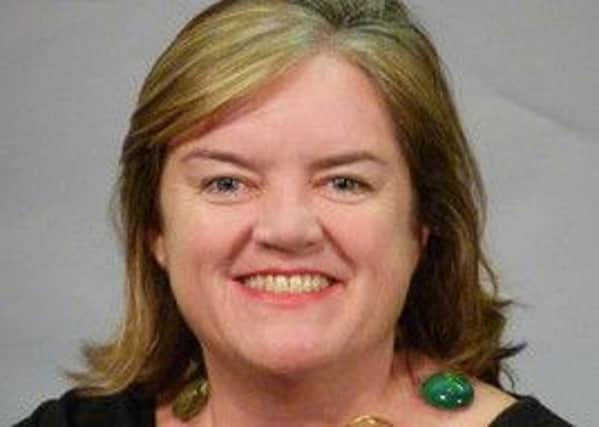Toby Howarth and Qari Asim: It is the duty of all of us to help build cohesive society


But it concludes that ethnic minority communities are increasingly segregated in parts of Britain, experience large social and economic inequality and that women’s opportunities can be limited by regressive cultural practices as well as economic factors. It must be recognised that the pace and scale of immigration in recent decades has led to increasing anxiety, fragmentation, even separation, and Dame Casey makes 12 recommendations in an attempt to unite Britain.
Some of these are practical, such as increasing funding for English language teaching, but others are more vague and aspirational. Her report has been criticised for using outdated statistics and for its heavy focus on Pakistani and Bangladeshi Muslim communities, given that time and again surveys of Muslims have shown their desire to integrate.
Advertisement
Hide AdAdvertisement
Hide AdHowever, few would deny the profound impact of mass immigration on Britain and its enormous consequences for public services and social cohesion.
We welcome the report’s suggestion that society needs to help new migrants to integrate, as well as its call for more resources to be shared with the people and neighbourhoods most affected by pressures on local services.
To a degree this is already happening, but much more is required. Last month, the Joseph Interfaith Foundation launched a Jewish-Muslim initiative to help 16 to 26 year-old refugees fleeing war-torn countries integrate into British culture. But integration cannot just focus on the responsibility of immigrants, whether new arrivals or those who have been in the UK for several generations, to fit into the rest of British society. Social cohesion is a responsibility for all of us.
According to the report, 72 per cent of second generation ethnic minorities have inter-ethnic friendships, whereas white British ethnic groups are less likely to have ethically mixed social networks.
Advertisement
Hide AdAdvertisement
Hide AdIt also acknowledges that sections of white working class Britain have become more isolated from the rest of the country and the rest of the white British population. We welcome the Casey Report’s recommendation that schools should help build integration, tolerance, citizenship and resilience in our children. But this is hard work. You can’t just throw kids together and expect them to be best buddies. They need projects such as the Linking Network in which children engage, over a whole school year, with a series of questions “Who am I?” “Who are we?” “Where do we live?” and “How can we live together?”
The result? Children who are happier in their own skins and equipped to explore deeper friendships across difference. The Casey Report found that thousands of Muslims live in enclaves with their own neighbourhoods, schools and television channels. A greater mixing between people from different backgrounds is needed. This segregation tends to be due to social and economic exclusions, although there are some who, maybe out of fear, try to oppose integration. As members of the national Christian Muslim Forum, we meet regularly with leaders and communities from a variety of different traditions without our two faiths and see class divisions as well as social and economic exclusions in parts of Britain.
Both of us know people who rarely leave their own neighbourhoods. During mentoring in the suburbs of Leeds and Bradford, we have Christian and Muslim young adults who don’t mix outside of their own ethnic groups.
Often this is not so much about an unwillingness to integrate as a lack of opportunities and resources.
Advertisement
Hide AdAdvertisement
Hide AdThe report expresses concern about some in our rapidly growing Muslim population holding socially conservative views – for example, regarding women.
We recognise these concerns, but we also recognise powerful examples of women who are challenging these views.
More than 500, mostly young Muslim women, gathered recently in Bradford Cathedral to hear Malala Yousufzai, the youngest recipient of the Nobel Peace Prize. Although she was taken ill, her father spoke powerfully, encouraging parents and communities not to ‘clip the wings’ of their daughters.
Another gathering last week at the Media Museum in Bradford, launched an excellent book from the Muslim Women’s Council bringing together stories and reflections from Jewish, Muslim and Christian women about head coverings.
Advertisement
Hide AdAdvertisement
Hide AdAt both of these meetings, hard issues were addressed from within our communities and by women themselves.
Speakers acknowledged that women do suffer in Britain from religious and cultural teachings which hold them back.
But they also publically challenged those who seek to coerce others into complying with their own bigoted, narrow-minded beliefs. Any conservatism which promotes living in a silo, alienated from those who look, eat, and believe differently, must be confronted as well as regressive demands in the name of faith that undermine the rule of law.
The EU referendum has shown us that we are a more divided country than we like to admit. Building a more cohesive society is the duty of us all.
The Right Reverend Toby Howarth is Bishop of Bradford and Leeds imam Qari Asim are members of the national Christian Muslim Forum.